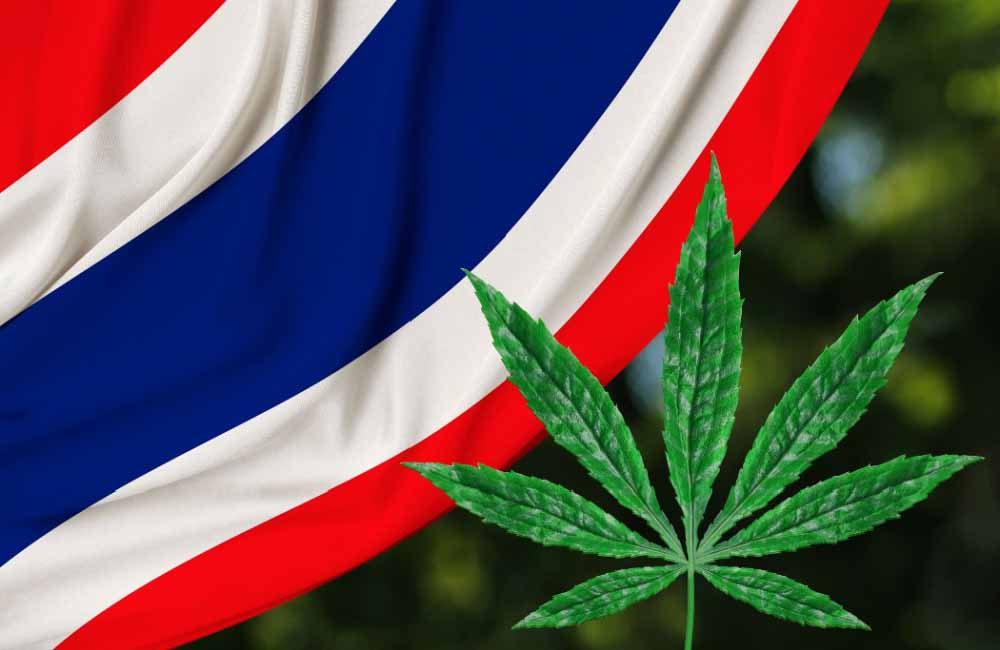Prime Minister Wants to Reverse Thailand Legal Cannabis Laws
Two years ago, Thailand became the first Asian nation to decriminalize cannabis. However, Prime Minister Srettha Thavisin recently announced his intention to revise the Thailand legal cannabis laws to add marijuana back to the list of illegal narcotics.
The prime minister voiced concerns about issues that have dogged cannabis legalization from the beginning, including concerns about rising crime rates. Studies have actually shown a reduction in crime rates where cannabis is legal.
Srettha wants to include cannabis as part of his directive to local authorities to clamp down on crimes associated with the illegal drug trade, setting a 90-day deadline to demonstrate improvements.
Initially, the 2022 decriminalization aimed to limit cannabis use to medical applications. However, the reality was an unregulated market, sparking public outcry over the potential for misuse and crime escalation, according to NBC News.
The decision in Thailand, along with the governor of Virginia’s decision to veto a plan that would have created a legal cannabis market in that state, shows that cannabis legalization still has a long way to go in many parts of the world.
Political Machinations Around Thailand Legal Cannabis Laws
The change in Thailand’s laws came during a four-year span. Under a previous government, cannabis was decriminalized for medical use in 2018 and recreational use in 2022. Critics argued that these changes were rushed through, causing confusion about the new rules and regulations.
That’s led to debate over the past few years about decriminalization. As with everywhere else, politics and money have driven the debate. Initially, Thailand’s Bhumjaithai Party led the drive to decriminalize cannabis. The party’s “stronghold” of political support comes from the impoverished northeast of Thailand, according to NBC. Leaders in the party had told farmers in that area that cannabis could become a new cash crop for them.
However, Srettha has resolved to reduce the narcotics trade in Thailand. He has included cannabis in that effort, saying he is concerned not only about crime but an increase in the use of cannabis by those under 18. More than one study has found that teen use of cannabis has dropped where cannabis is legal.
The Economics of Thailand Legal Cannabis Laws
Legal cannabis has provided a strong new sector for investors, entrepreneurs, and people seeking jobs at all levels of the cannabis industry. After decriminalization in Thailand, thousands of shops and businesses were created across the country, according to Reuters, which also reported that the cannabis industry was on track to reach $1.2 billion in value in 2025.
Cannabis advocates and entrepreneurs in Thailand have opposed the plan to roll back cannabis decriminalization because of the damage it will do to the economy. The businesses created in the past two years include retail outlets and transportation businesses.
Prasitchai Nunual, who leads Thailand’s Cannabis Future Network, told Reuters that changing Thailand legal cannabis laws to re-criminalize marijuana is a bad move for the economy and would hurt both small businesses and cannabis consumers.
“Many people have been growing cannabis and opening cannabis shops. These will have to close down,” he said. “If scientific results show that cannabis is worse than alcohol and cigarettes then they can re-list it as a narcotic. If cannabis is less harmful, they should list cigarettes and alcohol as narcotics, too.”




